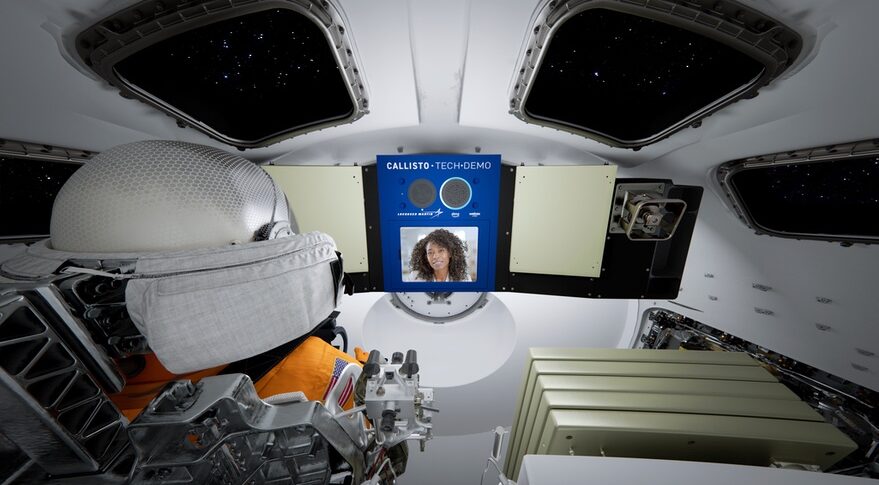Voice assistants have yet to keep all of their promises on Earth, but they could prove useful to astronauts. NASA will test a system based on Amazon’s Alexa technology during the Artemis I mission to the Moon.
Machines that obey us at the slightest wish expressed aloud. This is what the tech giants have been holding out for us for years, with their intelligent voice assistants. In fact, Google Assistant, Alexa and other Siri are still far from being able to achieve such feats.
Granted, artificial intelligence algorithms have made phenomenal progress in automatic natural language processing – just look at the way in which translation or speech recognition tools have perfected in recent years. Nevertheless: the number of everyday situations where it is really more practical and faster to communicate by voice with an intelligent assistant remains limited.
As long as it is a question of giving the weather forecast or executing a well-defined panel of commands (launching a music playlist, activating a thermostat or connected bulbs, etc.), no problem. But we are still quite far from the dream of a futuristic smart home for real home automation enthusiasts.
Astronauts need help sorting information
To make intelligent assistants work, it is still necessary to make requests that are both simple and precise. And for information retrieval, it is often much more convenient and quick to use the traditional keyboard and screen duo, than with an intelligent voice assistant. At least on Earth. Because in a space rocket, that may be another story.
In these vessels, the astronauts are ” both flooded with data and constantly lacking information “Rob Chambers, director of civil space business strategy at Lockheed Martin, told Space News.
NASA teams therefore hypothesized that intelligent voice assistants could be useful to them. To test this idea, the American space agency worked with Amazon, which developed the famous Alexa, as well as with Cisco, which markets many tools, including a teleconferencing platform.
Alexa will board the Artemis I lunar mission
And NASA has decided to embark on board the Artemis I lunar mission of March 2022 a tool called Callisto which will allow preliminary tests to be carried out on this subject, Space News reveals on January 5. The first of the three Artemis flights will not take astronauts on board (only the following ones will take them). The voice commands will therefore be simulated and the way in which Callisto responds to them will be filmed by cameras to be evaluated.
Callisto uses a version taken directly from Alexa technology found in Amazon speakers and various other products. The system will however have quite different applications. As Space News reveals, Callisto should eventually allow astronauts to use voice commands to access important information (telemetry data, etc.).

” For example, it will suffice to ask Callisto ‘Alexa what is the average temperature of all the batteries and which is the highest?’ The system will take care of the data analysis “, Argues the director of commercial strategy for civilian space Lockheed Martin.
The ultimate goal is that astronauts can also use it to modify certain parameters of the vessel, launch diagnostics on its systems or interact with teams on land. Callisto is programmed to understand several thousand requests. If it cannot process them locally, it will however forward them to the teams onshore.
